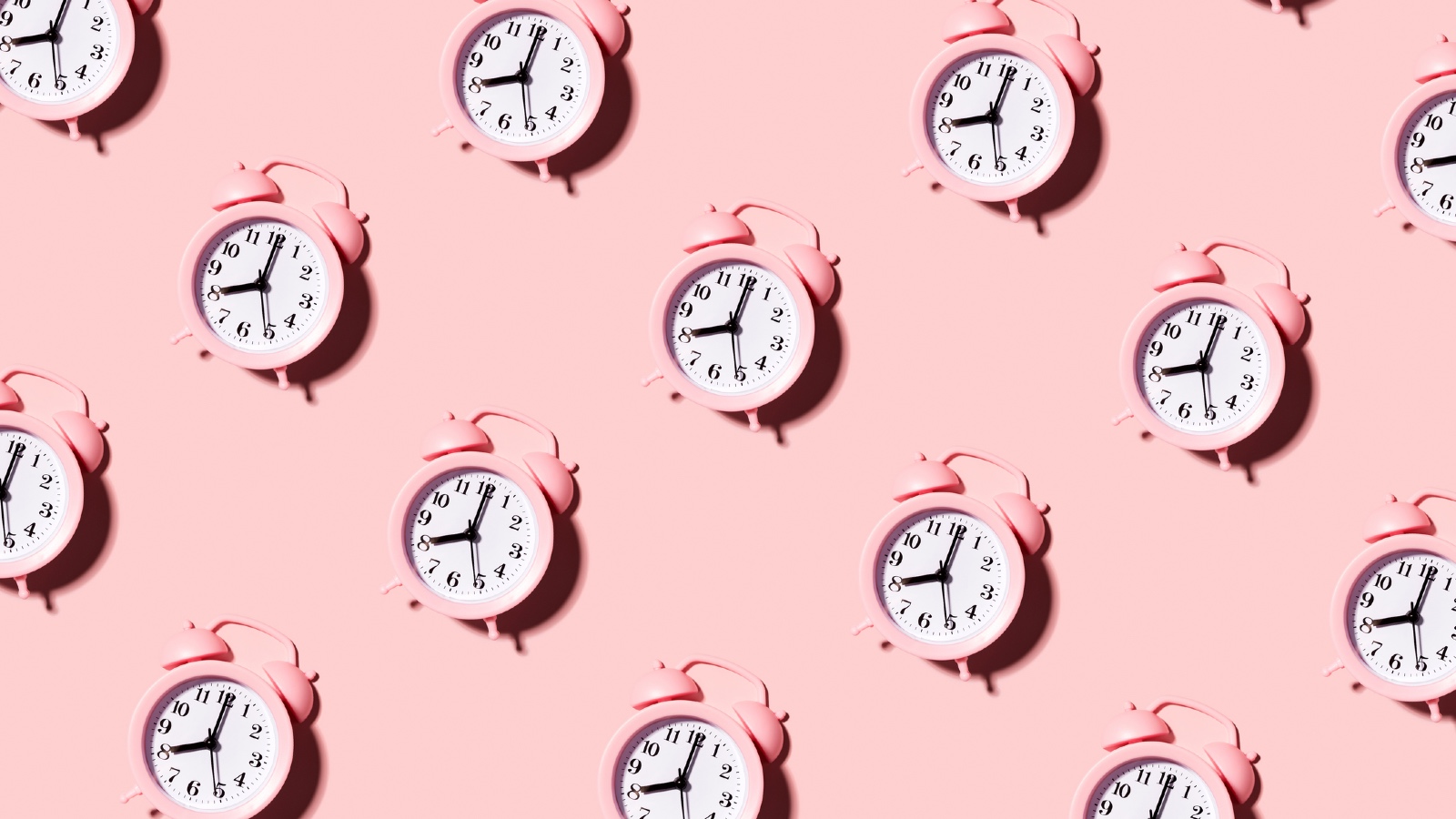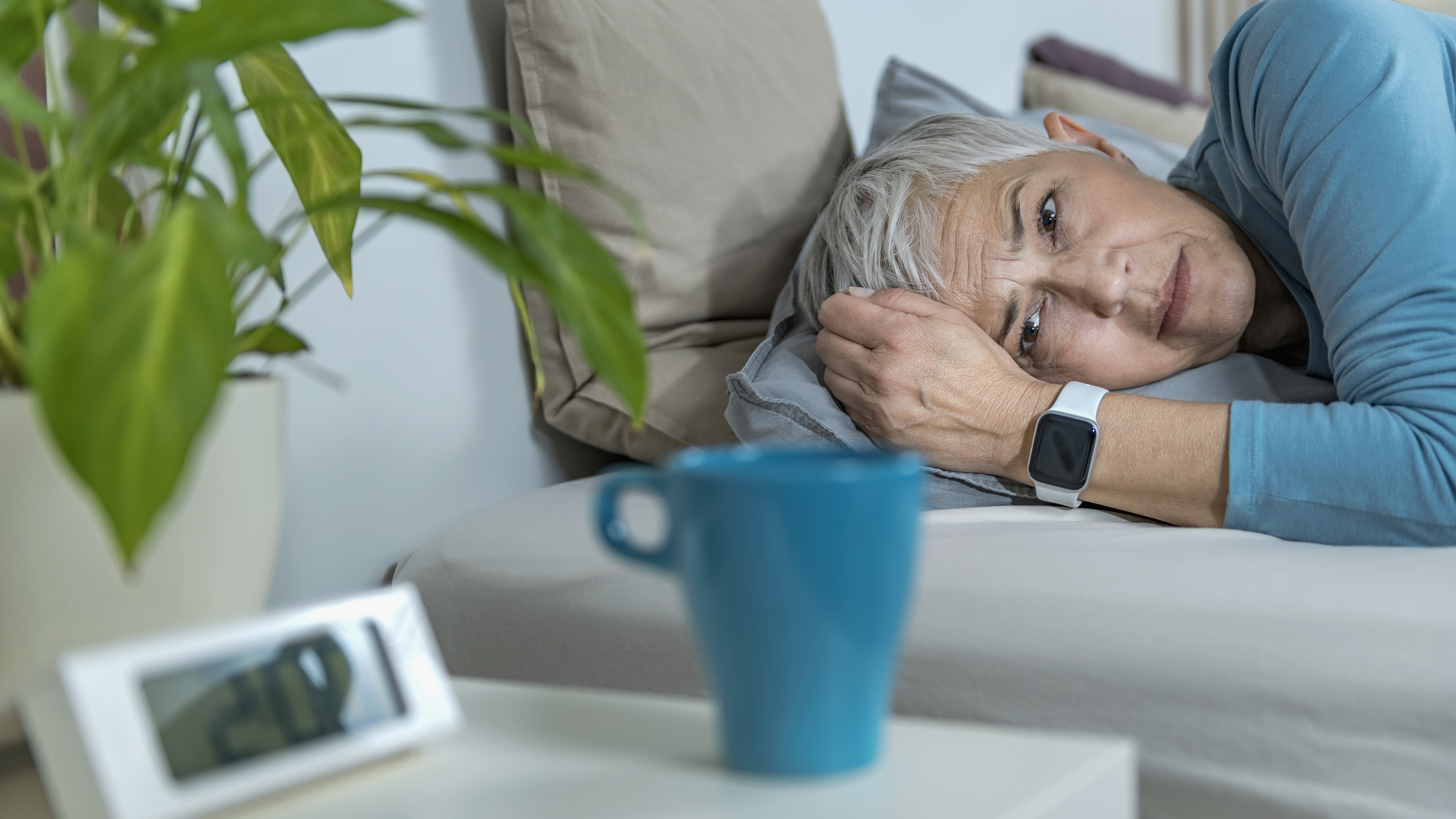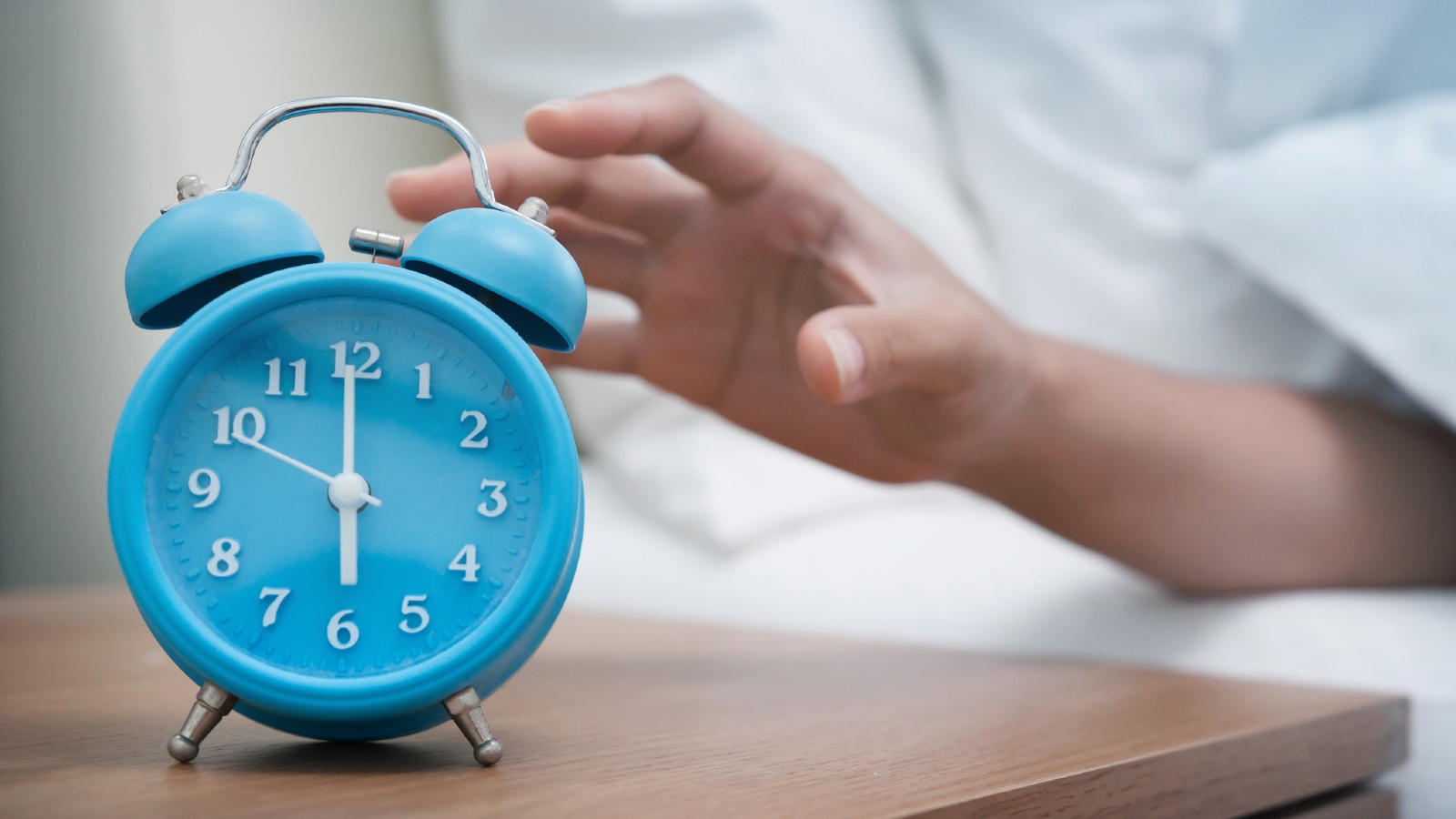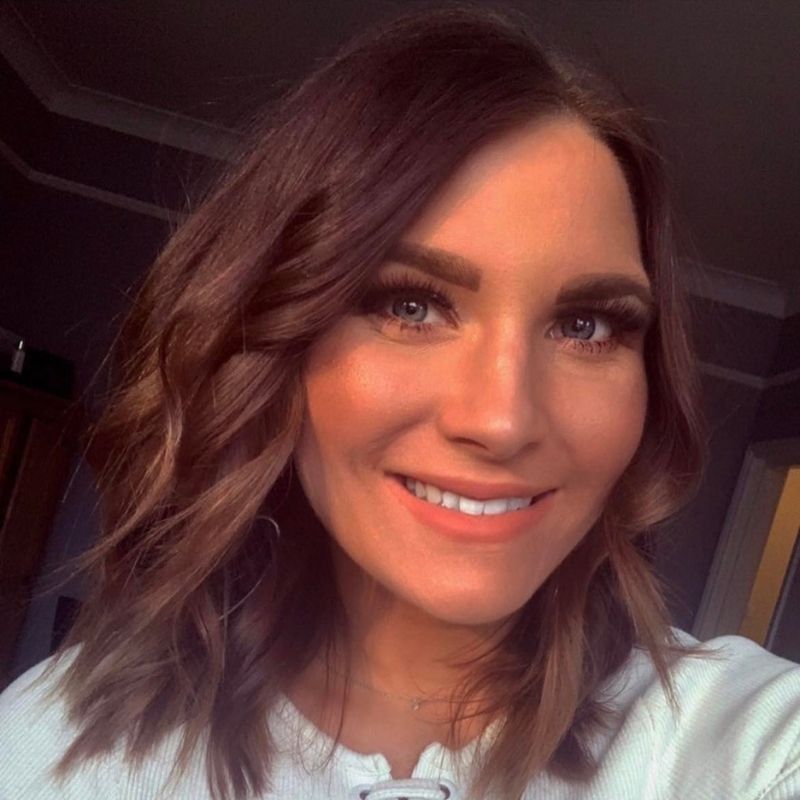Is oversleeping bad for you?
The experts reveal the causes and effects of sleeping too much


Sleep is key to helping us stay healthy and well, so is oversleeping really all that bad? Well, just as sleep deprivation can wreak havoc with our wellbeing, too much sleep can also put us at risk of a variety of health complications.
The milder side effects of sleeping too much, such as back and neck pain, can easily be remedied by investing in the best pillow and establishing a regular exercise routine. More serious complications, such as an increased risk of heart disease, are always better prevented.
Here’s everything you need to know about sleeping too much...
What counts as oversleeping?
While oversleeping can be slightly subjective (after all, teenagers are renowned for sleeping in), there is an easy way to tell if you are sleeping too much.
According to the sleep experts at the National Sleep Foundation, somewhere between seven to nine hours is a healthy amount of sleep for an adult between 18 and 64 years of age.
Enjoying a lie-in of a weekend is nothing to be worried about. But, if you consistently sleep more than nine hours a night, and don’t feel well-rested after less than that, it might be cause for concern.

What are the causes of oversleeping?
“Oversleeping can occur for a number of reasons, such as depression, anxiety or, in more severe cases, a sleep condition such as sleep apnea," says Dr Ramlakhan, sleep expert at Silentnight.
Sign up to our free daily email for the latest royal and entertainment news, interesting opinion, expert advice on styling and beauty trends, and no-nonsense guides to the health and wellness questions you want answered.
Sleep apnea is when breathing stops and starts while you sleep. Other symptoms include making gasping, snorting or choking noises while you sleep, and constantly feeling tired throughout the day. If you are experiencing these symptoms, it’s vital you book an appointment with your doctor to discuss treatments. If you sleep alone, use your smartphone to record yourself during the night so you know what you get up to.
For some, a lack of purpose and motivation in life can cause us to oversleep, as we may feel as though we have no reason to get out of bed in the morning.
“Researchers found depression and low socioeconomic status are associated with sleeping for longer – therefore it could be that sleeping in is, in fact, a symptom of other conditions and risk factors,” explains Neil Robinson, sleep expert and director for mattress company Emma.
“Another trigger of oversleeping is medication, as both over-the-counter and prescribed drugs can make a person feel drowsy or extremely tired.”
Of course, sleeping too much could be down also be down to simple lifestyle factors, such as excessive alcohol intake or simply not getting enough sleep the night before, and could easily be fixed by developing good sleep hygiene.
Is oversleeping bad for you?
Sleeping too much can have a negative impact on your health. According to a study at Keele University in the United Kingdom, those who sleep for longer are at a greater risk – up to 25%, in fact – of early death.
“Multiple studies have suggested that those who sleep for more than nine hours a night have a significantly higher risk of death than those in the seven to nine hours range,” says Neil. “They’re 56% more likely to suffer a stroke, and had a 49% increased risk of dying from cardiovascular disease.”
And that's not all. “Oversleeping on a regular basis can have a negative impact on our general wellbeing,” adds Dr Ramlakhan.
“It can cause recurring headaches, fatigue and back pain, with more severe cases being linked to an increased risk of diabetes.”

Is there any benefit to hitting snooze?
Don’t worry, we don’t need to say goodbye to lazy Saturday mornings just yet.
“If you have the occasional weekend lie-in, it’s probably not a problem,” says Neil. However regularly bingeing on sleep to catch up on lost hours during the week could cause trouble.
While you can catch up to some extent, you can never fully recover lost sleep and it can disrupt your sleep cycle.
“By dozing off for those extra minutes, we’re preparing our bodies for another sleep cycle, which is then quickly interrupted," explains Neil. “This causes us to feel fatigued for the rest of the day.”
Simply set your alarm for the time you need to get up instead.
How is oversleeping diagnosed?
“For most occurring sleep-related issues, it’s best to visit your doctor if your symptoms last longer than five weeks," says Dr Ramlakhan. “Generally, the first step towards a diagnosis will involve a discussion about your lifestyle, sleeping habits and overall health history.”
Depending on your situation, you may be advised to keep a sleep diary, as this can be extremely beneficial when it comes to identifying your own habits. You could try natural methods like CBD oils or white noise for sleep to help you doze off more quickly.
“I would always recommend looking at your sleep hygiene first before visiting a doctor or taking medication,” says Dr Ramlakhan.

How to improve your routine to stop oversleeping
“A comfortable, restorative sleep is one of the most attainable steps we can take towards ensuring we lead a healthy and happy lifestyle and stop oversleeping,” says Dr Ramlakhan. She recommends:
1. Eat breakfast: “Poor eating habits, such as eating too late the night before then skipping breakfast in the morning, can cause a metabolic slump and cause us to oversleep. Eat breakfast within 30 minutes of awakening, to ensure your body and mind are receiving the nutrients required to carry you through until the end of the day.”
2. Limit your daily screen time: “Taking regular breaks from your devices, especially before bedtime, can help maintain that important sleep pattern throughout the night.”
3. Reduce your caffeine intake: “Try to avoid drinking caffeinated drinks after 2pm. This will allow enough time for the caffeine to leave your system before bedtime.”
4. Get enough daylight: “A simple walk outside can help our bodies to form a regular pattern of sleep and rest so, when it comes to bedtime, we can fall asleep easily and wake up at a similar time each day feeling rested and refreshed.”
5. Get at least eight hours of sleep a night: “This will ensure you wake feeling fresh and ready to take on the day.”

Rose Goodman is a health writer across print titles and websites including woman&home.
Prior to pursuing her career as a writer, Rose obtained a degree in psychology and went on to work in adult mental health for five years, specifically working with people diagnosed with eating disorders, anxiety, depression and OCD. Mental health and wellbeing is something Rose feels incredibly passionate about and believes normalising the conversation around mental illness is something we should all actively strive to do.